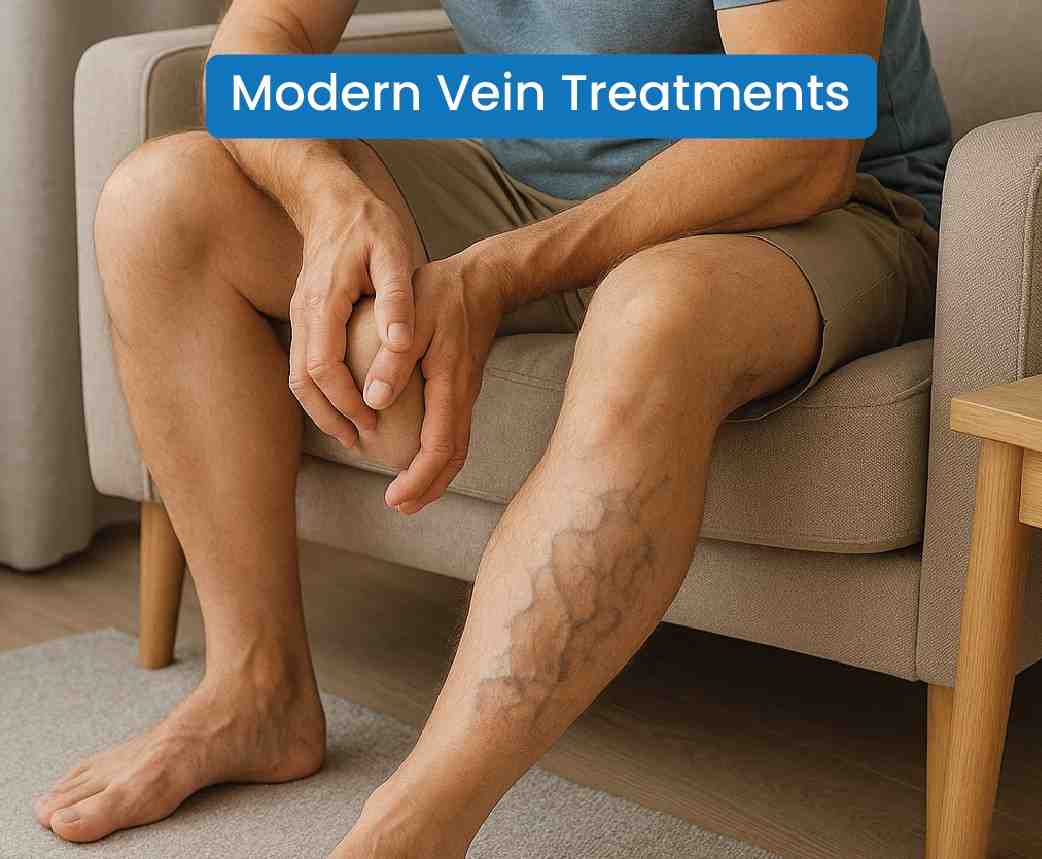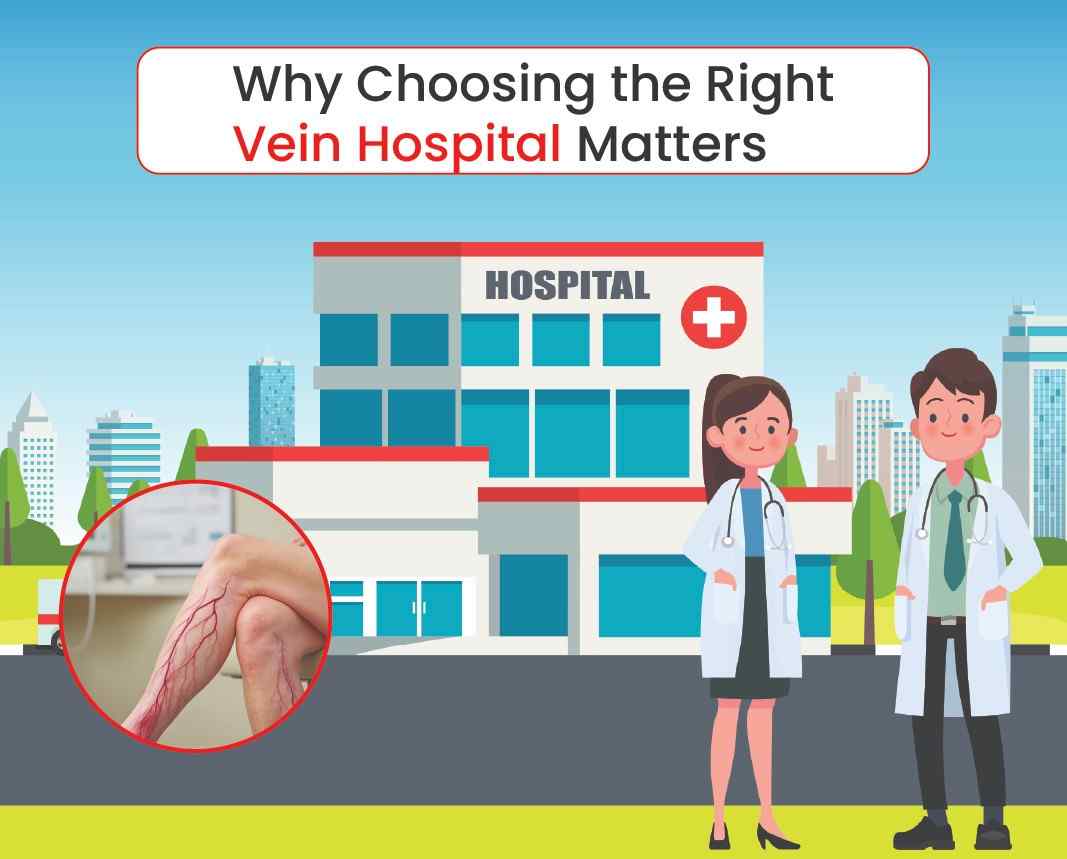Varicose veins — those enlarged, twisted veins often seen on the legs — are more than just a cosmetic concern. They can cause aching, swelling, heaviness, skin changes, and in severe cases, ulcers or clots. For many years, treatment options involved surgery or heat-based procedures like Endovenous Laser Ablation (EVLA) and Radiofrequency Ablation (RFA).
In recent years, glue-based varicose vein treatment, also called cyanoacrylate closure, has emerged as a modern, minimally invasive option. But is it safe? Let’s explore what it is, how it works, and what patients need to know.
How Glue-Based Treatment Works
The procedure uses a specially formulated medical adhesive delivered into the diseased vein via a thin catheter, guided by ultrasound. Once inside, the glue seals the vein walls together. Blood flow is instantly rerouted to healthy veins, and over time, the closed vein is absorbed naturally by the body.
Because it doesn’t use heat, glue closure avoids thermal injury to surrounding tissues and eliminates the need for multiple injections of tumescent anaesthesia along the vein. Most treatments take 20–30 minutes per vein, with patients walking out of the clinic shortly after.
Key Benefits of Glue-Based Treatment
- Virtually Pain-Free
A single tiny numbing injection is usually all that’s needed. Patients often describe the experience as “more comfortable than a blood test.”
- Same-Day Return to Routine
Whether you have a desk job, run a business, or manage a household, you can get treated in the morning and resume normal activities the very same day.
- No Extended Stocking Wear
In India’s warm climate, avoiding weeks of compression stockings is a major relief. In many glue cases, stockings are either not required or needed for just a short period.
- Small, Cosmetic-Friendly Entry Point
No surgical cuts or stitches — just a tiny puncture that typically heals without a visible mark.
- Works for Many Patient Profiles
Suitable for a wide range of vein anatomies, including those where a no-heat approach is preferred. It’s an excellent addition to the treatment choices available in India.
Is It Safe?
Glue-based closure is FDA-approved and has been used globally since 2011. The adhesive is a proven surgical material also used in closing wounds and controlling bleeding in delicate surgeries. When performed by trained vascular specialists under ultrasound guidance, it has an excellent safety record.
Potential Risks
While uncommon, mild inflammation (phlebitis), temporary tenderness, or rare allergic reactions to the adhesive can occur. These usually resolve quickly with simple medication.
Results You Can Expect
- Treated veins gradually shrink and fade over weeks to months
- Noticeable relief from heaviness, swelling, and discomfort within days
- Long-lasting closure and improved leg appearance with minimal downtime
The Bottom Line
Glue-based varicose vein treatment is a safe, comfortable, and highly effective option for those seeking a quick recovery and lasting results. It complements other advanced treatments like EVLA and RFA, ensuring patients have choices tailored to their needs.





